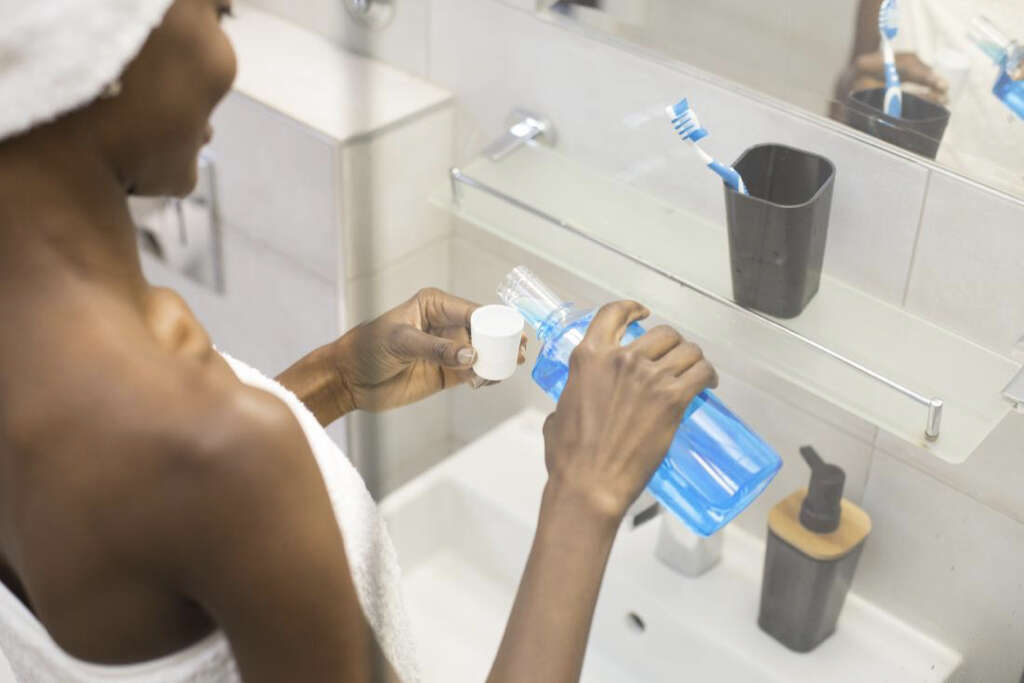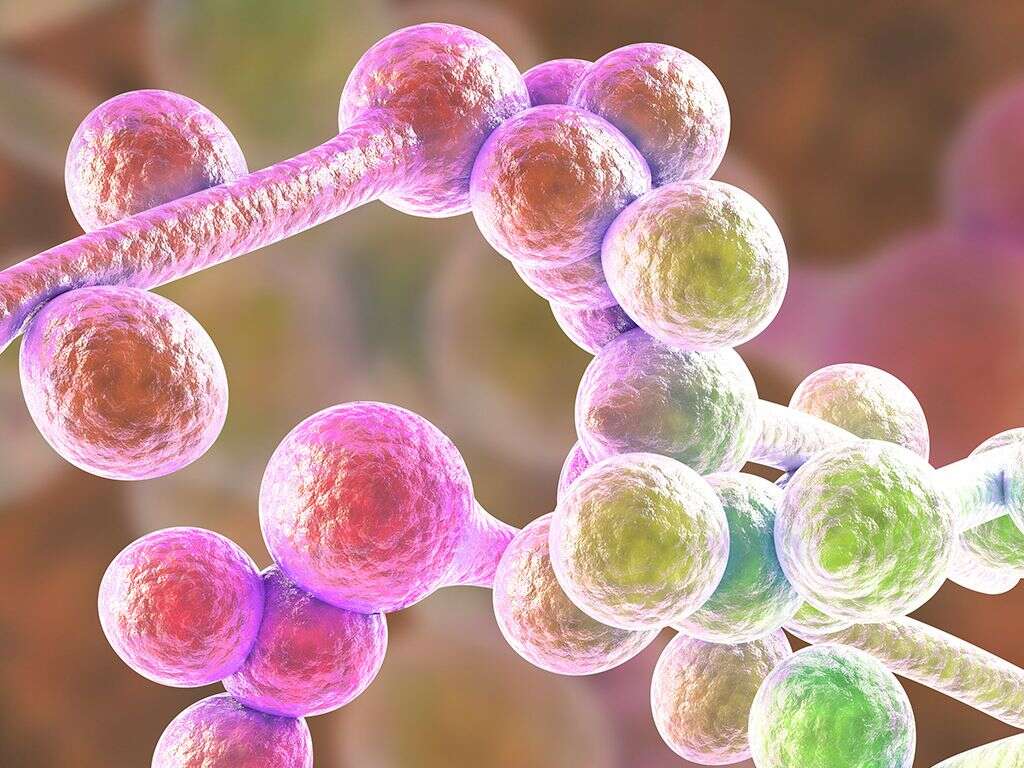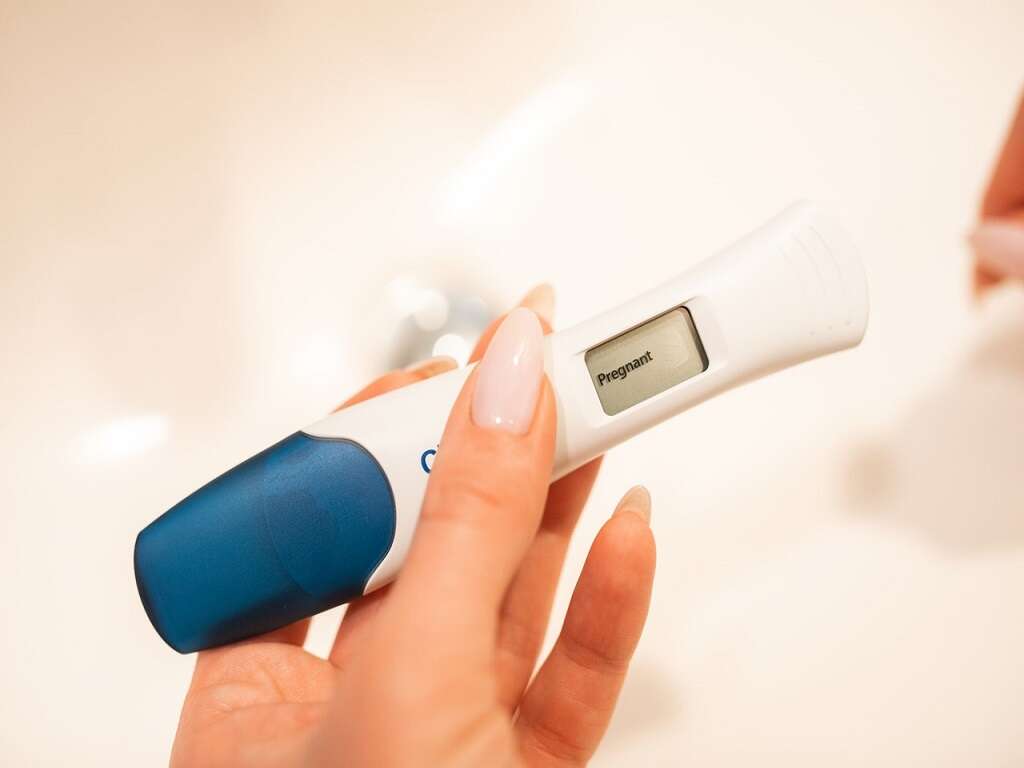10 Home Remedies for Yeast Infections
Yeast infections are caused by yeast or fungi. Candida albicans is the most common fungus to be blamed for such an infection, living almost everywhere, including in our body.
These infections can affect different parts of the body. If a yeast infection develops in the mouth, it is known as thrush. Thrush is characterized by white patches on the mouth, especially on the tongue. In cases when the thrush spreads to the esophagus, candida esophagitis develops. It is characterized by difficulties swallowing.
Vaginal yeast infections are quite common among women, an infection otherwise known as vaginitis. Skin infections caused by fungi are also common and characterized by a skin rash and itchiness. Yeast infections in the bloodstream are very serious and life-threatening, leading to septicemia. Below are 10 home remedies for yeast infections that you can try.

Home Remedy #1: Boric Acid
As a powerful antiseptic, boric acid has been shown to be very useful for the treatment of yeast infections. However, boric acid when used in large amounts is toxic. Large amounts of boric acid can lead to kidney damage, acute failure of the circulatory system, and even death. Also, boric acid is not to be used in any form while pregnant.
According to the Center for Disease Control and Prevention (CDC), 600 mg of boric acid in capsules as a vaginal suppository is recommended for 2 weeks when dealing with vaginal yeast infections. However, please consult a doctor before purchasing vaginal suppositories.
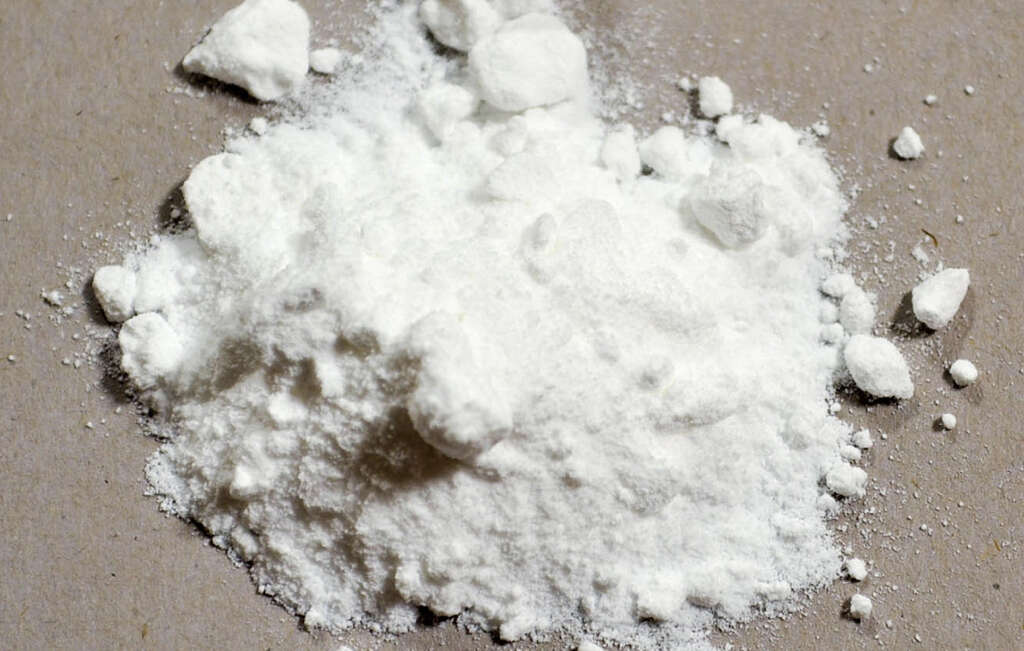
Home Remedy #2: Coconut Oil
Coconut oil is a fatty oil from the flesh of the coconut. One of many health benefits of coconut oil is its antifungal properties. Studies have shown that coconut oil is helpful when dealing with yeast infections, especially against C. albicans. So, there is no harm giving it a try.
However, if you decide to try coconut oil, make sure to get only pure and organic coconut oil for the best health benefits. Coconut oil is applied directly to the affected area.

Home Remedy #3: Tea Tree Oil
Another home remedy for yeast infections is tea tree oil. It is an essential oil widely used for many health benefits, including its capability to kill bacteria, viruses, and fungi.
Tea tree oil is a powerful essential oil. Before using it, you should dilute it with a carrier oil like jojoba oil or coconut oil. There are also tea tree oil suppositories available on the market for the treatment of vaginal yeast infections. It is believed that tea tree oil helps maintain a healthy balance of vaginal bacterial flora. Remember that you can use tea tree oil only externally and that you cannot ingest it.
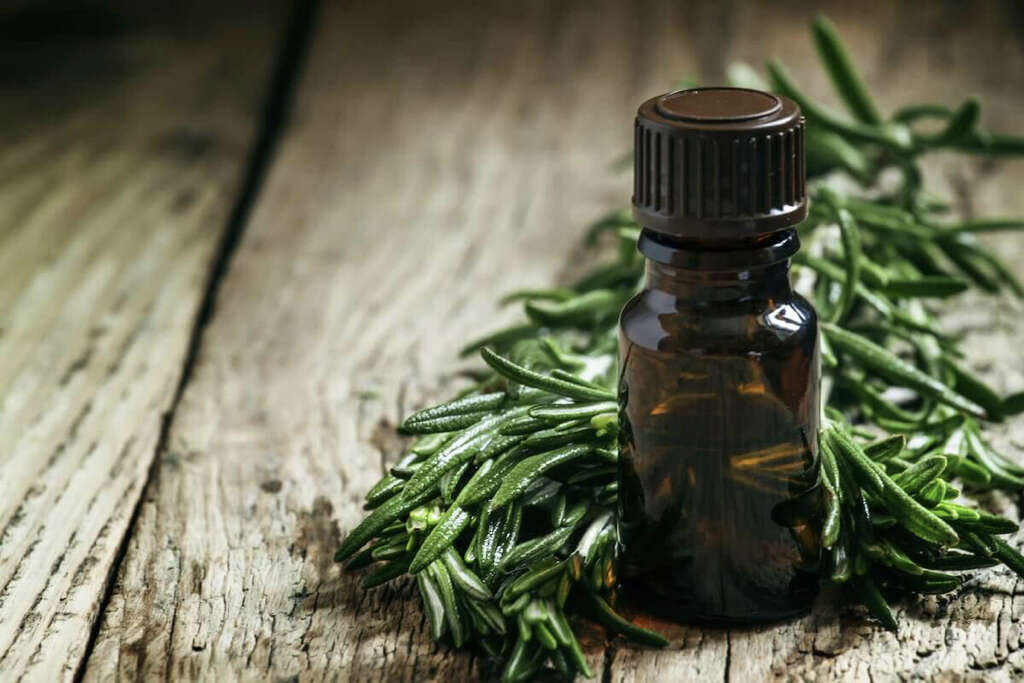
Home Remedy #4: Garlic
Garlic is a well-known herb not only used for preparing food. Garlic can also be used due to its antimicrobic and antifungal properties as a cream for the treatment of yeast infections.
At home, you can make a paste out of garlic and apply it directly to the affected area. Also, consuming raw garlic is also very beneficial for your overall health.
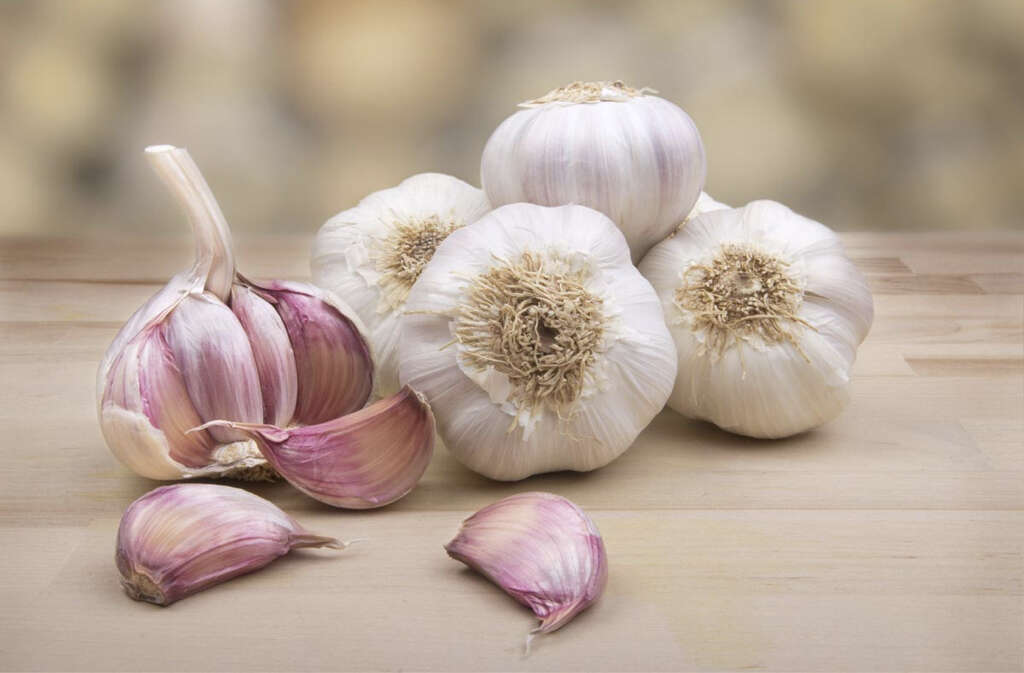
Home Remedy #5: Apple Cider Vinegar
Apple cider vinegar is another great home remedy for yeast infections. Vinegar is known for many health benefits and medicinal uses. You should dilute the apple cider vinegar with water before applying it on the skin. For vaginal yeast infections, apple cider vinegar baths are recommended.
For this purpose, you should add half a cup of apple cider vinegar to a lukewarm bathtub and you should soak for about 20 minutes. There is also vinegar douching, which aims to flush out all the bad bacteria from the vagina. However, with vinegar douching, the possibility of a yeast infection recurrence is greater.

Home Remedy #6: Vitamin C
Vitamin C, otherwise known as ascorbic acid, is very beneficial for overall health. Usually, vitamin C is taken as supplement and researches have shown it to be effective against C. Albicans due to its antimicrobial properties.
If you are not a fan of medications, then you should start consuming foods that are rich in vitamin C such as citrus fruits and leafy green vegetables.

Home Remedy #7: Cranberry Juice
Another home remedy that you could use when dealing with a yeast infection is cranberry juice. As cranberries are known for their antibacterial and antifungal properties, drinking cranberry juice will do good to your body. This juice is not just beneficial for dealing with yeast infections, but it also does miracles in cases of urinary tract infections.
If you choose cranberry juice for the treatment of yeast infections, make sure to choose only unsweetened juice as sugar will only make your infection get worse. Sugar is known to help yeast grow faster.

Home Remedy #8: Aloe Vera
Aloe vera has several benefits when it comes to dealing with yeast infections. Aloe vera gel is known for its antifungal properties. You can either apply the gel to the affected area for at least 3 times a day or you can eat it.
Just add about 2 teaspoons of fresh aloe gel to any juice that you prefer, blend it, and drink it. You can also drink aloe vera juice if you prefer the juice rather than the aloe vera gel.

Home Remedy #9: Probiotic Supplements
Probiotic supplements are known to help restore the normal balance between bacteria and yeast within the human body. Usually, probiotic supplements are given orally. Oral probiotics contain Lactobacillus acidophilus bacteria, which help to restore the normal gut microbiome.
Women are also recommended to take probiotic suppositories when dealing with vaginal yeast infections. Usually, a treatment of at least 10 days is necessary to reach the full effect, regardless if probiotic supplements are taken orally or as suppositories.

Home Remedy #10: Hydrogen Peroxide
Hydrogen peroxide is an antiseptic, which is also used for the treatment of yeast infections. However, before using it you should make sure to dilute it with water before applying it to the genital area or other sensitive areas of your body. Also, make sure not to use hydrogen peroxide for more than 5 days in a row.
Another method on how you can use hydrogen peroxide is by making a peroxide bath in which you can soak in. For this purpose, fill the bathtub with lukewarm water and pour in 1 pint of hydrogen peroxide. Stir the water and soak for about 10 minutes.
